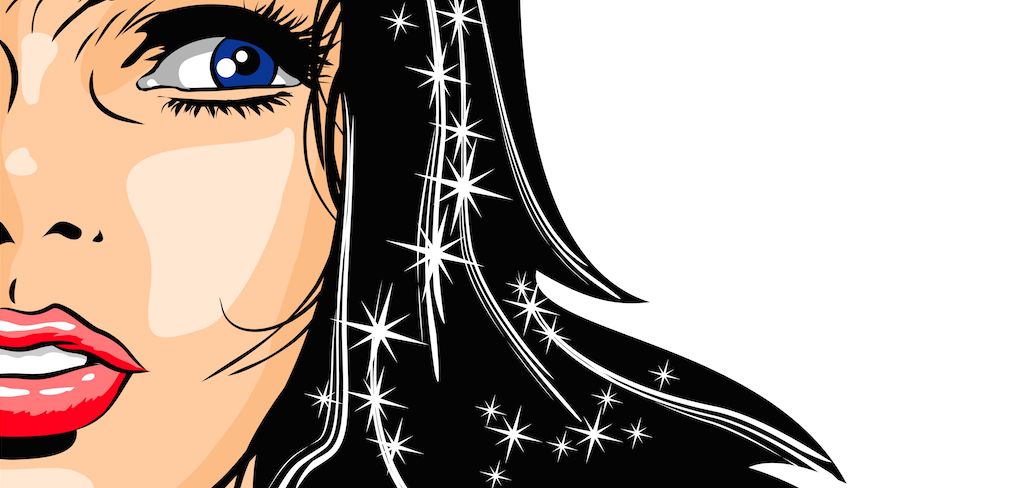I thought that..This is the fourth installment in the Chronic Dissatisfaction Series – click here to go back and start with the first article in the series.
Chronic Dissatisfaction (CD) is that feeling of yearning, wishing for something more but not even knowing what it is…CD can be an ever-present hum in the background of your life or it can show up sporadically. It can even evolve with you and show up in different guises throughout life. Through reflecting on CD when it visits you, you can let go of it more easily as a problem and accept it as part of the human condition. CD also often carries lessons within it and understood, it can be more friend than foe.
There are some self-supportive reasons, and some self-defeating reasons why we find ourselves in the grip of chronic dissatisfaction. Let’s explore some of the common ‘whys’ of chronic dissatisfaction so you can hold them in mind, and try them on for fit, next time you find yourself in restless, undefined yearning. Maybe one of these reasons will help cast a light on how to turn your CD around into a force for creativity and acceptance rather than paralysis and frustration.
Living life by someone else’s values, beliefs or goals
This is a classic recipe for recurring dissatisfaction. Despite your achievements you feel dissatisfied. Other’s ideas of success are not necessarily the achievements you most value and desire in your heart. We may grow up unwittingly living according to our parents’ goals for us. That can lead to ongoing dissatisfaction over time, if our values and desires differ from theirs.
Angela, an old school friend, went into marketing for a decade rather than studying her passion, science, because her father was in sales and offered her a great opportunity to earn money within his company. Angela didn’t love the work but she was good at it and she liked the lifestyle the money could buy her. In her thirties when her Dad’s company went through a merger and he retired, Angela found herself deeply dissatisfied in her job. It was a job to her, not a vocation or a meaningful purpose. It had served her well financially, but emotionally, it had largely been in the service of pleasing her dad and feeling more loved by him by doing what he valued.
You can’t be fully happy living according to someone else’s values and desires if it means not applying your strengths and gifts to the things that light you up and enrich your life. When you live to fulfil an image of what a parent, partner, or someone else wants you to be, usually unconsciously, you ultimately serve nobody. You help no one by not expressing your authentic talents and loves freely. You’re not at your best if you’re not accessing and exercising your inherent strengths and passions. In this case, your dissatisfaction may be showing itself as a guide who is trying to tell you that you’re not in the right place, or you’re in a cage, not hearing your soul’s desires.
Happiness Feels Uncool
I know, dumb in retrospect. When I was an actor, a lost but know-it-all twenty-something, I got it into my head that it was chic, serious, cool, and romantic to struggle. Like I was a real artist if I had to half-starve and go without coffee for a week. I didn’t make that idea up. There is an enduring iconic starving artist motif that’s been around for centuries. It was appealing to me as a young actor, to embrace the motif of struggle. The artist, tortured by meaninglessness, against all odds, fiercely talented, not seeking reward, only expression of the art, rises victorious to thunderous applause. There’s a whole underdog, heroic rags-to-riches narrative to tap into as an actor. So, I hung around in an extended teenager-hood for a few years too long, where sadness, poverty and questioning the status quo were just the way to be. A brooding approach to everything was my choice then, a state of constant nagging dissatisfaction, rather than the unguarded joy that I thought was just too uncool?!
Do You Often Feel Like a Victim?
Blaming everyone for all that you think isn’t right with your world will keep you trapped in CD. When you blame somebody else for your life, you’ve created a belief system that disempowers you to change it. There is nothing you can do to improve your own world if you have no responsibility for it. It’s out of your hands. You’re an innocent victim, a bystander to your own life. Paralysing blame and anger are convenient ways to justify delaying doing what it takes to improve your situation.
Of course outside factors exert an influence on our experiences. Things happen to us that are not our choice and not our fault. That’s a given. However, more powerful than any outside influence is our perspective of our own life and self. More important than anything that happens to us is what we choose to do with our experiences. There is always some choice you can make that will improve things for yourself. It’s rarely the best choice to keep floundering in paralysis and blaming powers outside your control.
At times, there may be truth in the idea that others are impeding your progress, goals or desires. Even so, does focusing on what they’ve done and the trouble they’ve caused serve you? I blamed not having a father for my looking for love in all the wrong places as a teenager. I blamed my father for my struggles with creating a loving relationship with a man later in life. My father’s choices did have a huge detrimental impact on my life and development. However, they also provided me with hard-won insights and gifts. When I was able to release my image of myself as a flawed victim, I flourished. Ifound what I’d long been seeking – self-compassion and great, loving relationships. As Brene Brown wrote, I understand now that
We mature through damage, not just through the years.
At some point in all of our lives, completely unfair or plain challenging stuff happens. Your strength of character, wisdom, courage, and indeed your ultimate successes are measured not by the unfair things that happen to you. Your character shows through in how you coped with your experiences. Being the hero of your own life involves welcoming periods of dissatisfaction as a part of our growth. Sometimes CD is our friend, drawing us forward to strive harder for what we desire, and other times it’s a menace that needs understanding and managing into abeyance.
Stay tuned for the next installment in the Chronic Dissatisfaction Series. Next, we’ll tease of more reasons why we experience CD, and how to make it work for you.
Going Deeper
If you’re wanting to go deeper, check out my book Lovelands in good bookstores or on Amazon or Audible.





